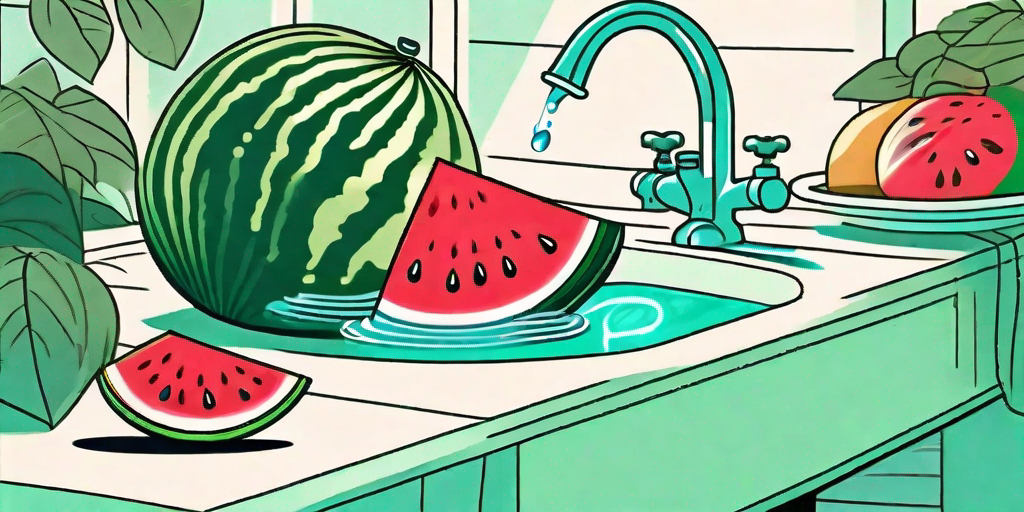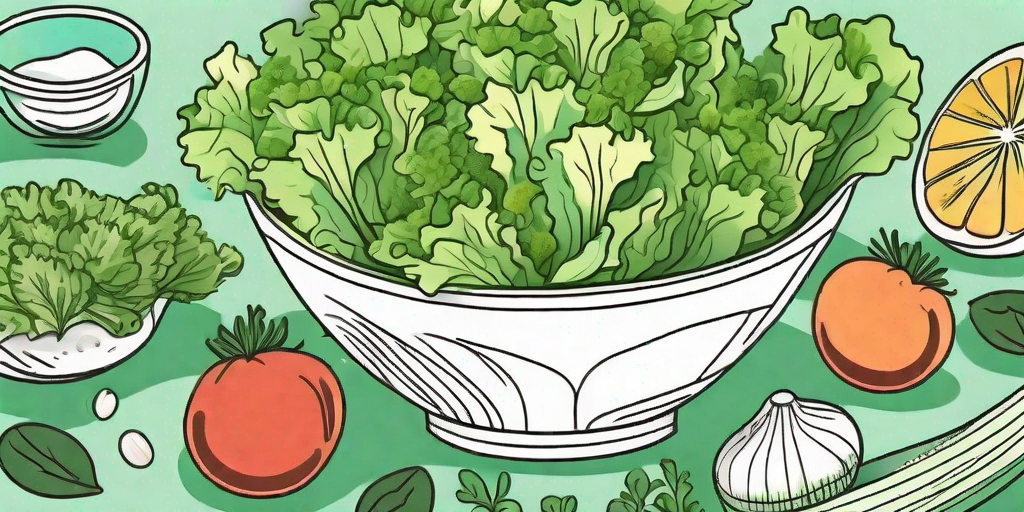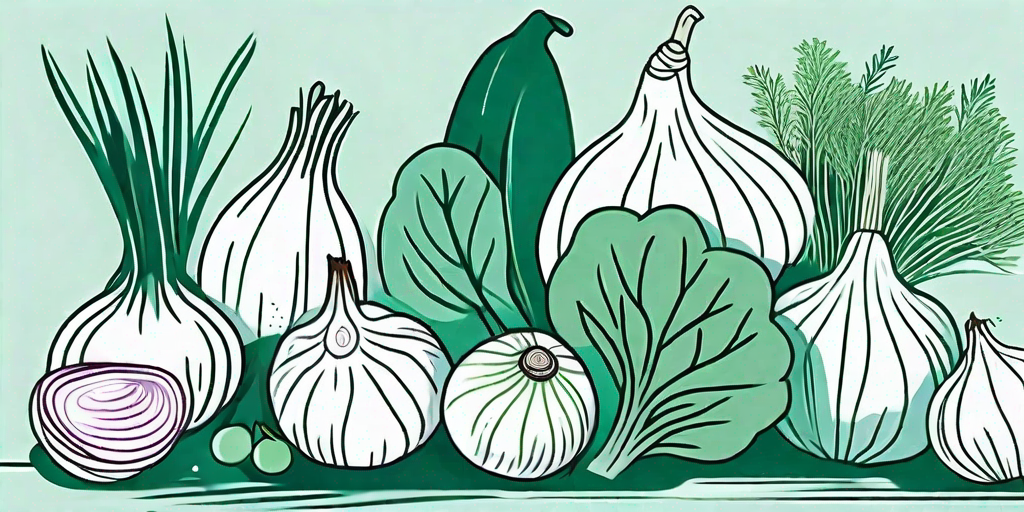
Watermelons, those glorious, juicy, summer delights, are more than 90% water. But have you ever wondered how they get so hydrated? Or perhaps you've tried growing your own and ended up with a fruit that's more rind than sweet, refreshing goodness. Fear not, dear reader, for we're about to embark on a journey into the heart of watermelon hydration.
The Science of Watermelon Hydration
Before we dive into the how-to, let's take a moment to understand the science behind watermelon hydration. It's not just a matter of dumping water on your plant and hoping for the best. There's a delicate balance to be struck, and understanding the process can help you achieve watermelon perfection.
Watermelons, like all plants, draw water from the soil through their roots. This water travels up the stem and into the fruit, where it's stored until you're ready to enjoy a delicious slice. But there's more to it than that. The water also carries essential nutrients from the soil, which contribute to the fruit's flavor and texture.
The Role of the Soil
The type of soil in which you plant your watermelon can have a significant impact on its hydration. Sandy soils drain quickly, which can lead to a thirsty watermelon. On the other hand, clay soils retain water, which can lead to overhydration and a waterlogged fruit.
The ideal soil for watermelon cultivation is loamy soil, which strikes a balance between drainage and water retention. It's also rich in organic matter, which provides those essential nutrients we talked about earlier.
The Importance of Water Quality
Not all water is created equal, at least as far as your watermelon is concerned. Tap water often contains chlorine, which can inhibit plant growth. Rainwater is a better option, but it's not always available when you need it.
The best option for watering your watermelon is filtered or distilled water. These types of water are free from harmful chemicals and can help your watermelon reach its full potential.
How to Hydrate Your Watermelon
Now that we've covered the science, let's get down to the nitty-gritty: how to properly hydrate your watermelon. It's not as simple as turning on the hose, but with a little care and attention, you can grow a watermelon that's the envy of your neighborhood.
First, you'll need to choose the right soil. As we discussed earlier, loamy soil is the best choice for watermelon cultivation. If your garden soil isn't up to snuff, you can amend it with compost or purchase a loamy soil mix from your local garden center.
Watering Schedule
Watermelons need a lot of water, but it's important not to overdo it. Too much water can lead to waterlogged roots and a tasteless fruit. The key is to water deeply but infrequently.
A good rule of thumb is to water your watermelon once a week, giving it about 1 to 2 inches of water each time. This encourages the roots to grow deep into the soil, which helps the plant draw up more water and nutrients.
Monitoring Soil Moisture
While a watering schedule can be a helpful guide, the best way to determine when to water your watermelon is to monitor the soil moisture. If the top inch of soil is dry, it's time to water. If it's still moist, hold off for another day or two.
Using a soil moisture meter can take the guesswork out of this process. These handy devices measure the moisture content of your soil, letting you know when it's time to water.
FAQs
Can you overwater a watermelon?
Yes, you can overwater a watermelon. Overwatering can lead to waterlogged roots and a fruit that's bland and watery. To avoid overwatering, stick to a watering schedule and monitor your soil moisture.
How much water does a watermelon need?
A watermelon needs about 1 to 2 inches of water per week. However, this can vary depending on the weather and the moisture content of your soil. Always check the soil before watering to ensure it's not already moist.
What type of soil is best for watermelons?
Loamy soil is the best choice for watermelons. It drains well, retains moisture, and is rich in organic matter, which provides essential nutrients for your plant.
Conclusion
Hydrating your watermelon is a delicate balancing act, but with a little knowledge and care, you can grow a fruit that's juicy, sweet, and perfectly hydrated. Remember, the key is to water deeply but infrequently, monitor your soil moisture, and choose the right soil and water for your plant.
So go forth, dear reader, and quench the thirst of your watermelon. Your taste buds will thank you.











